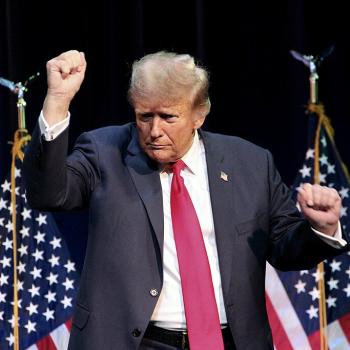It’s also a strategy borne of what might be called the “After ‘Batman’ ” era of Clooney’s career, which hit a painful pivot point in 1997, when he starred in “Batman & Robin” — for those keeping score at home, the most universally panned installment of the ever-expanding franchise. “I don’t have the same career without that film,” Clooney said simply.
“Until then, I had just been an actor,” he said. “I had only been an actor in TV series, and then I got ‘E.R.’ and ‘E.R.’ became this big thing.” His breakout feature roles — “One Fine Day,” “From Dusk Till Dawn” and “The Peacemaker” — all came about because he was eager for the work and what looked like juicy roles. “And then I get a call, ‘Do you want to be in ‘Batman?’ And I’m like, ‘Yeah.’”
“With all of those things, it was just me as an actor going, ‘Look at the part,’ ” Clooney continues. “And after I got killed for ‘Batman & Robin,’ I realized I’m not going to be held responsible just for the part anymore, I’m going to be held responsible for the movie. And literally, I just stopped. And I said, it now has to be only screenplay. Because you cannot make a good film from a bad screenplay.”
Heslov, who’s known Clooney since they were acting students and who famously lent his pal money to get head shots made when he was first starting out, recalls the “Batman” moment with rueful vividness. “It was the lowest point of your career,” he says to Clooney.
“It was brutal,” Clooney agrees.
“He took it on the chin,” Heslov said. “And he took it with a sense of humor, because that’s how he does it, but he was hurting. And definitely if you look at his filmography — “It turns on a dime,” Clooney offers. “It’s like, ‘Okay, I get it.’ ”
The next movies Clooney did were “Three Kings,” “O Brother, Where Art Thou?” and “Out of Sight,” directed by David O. Russell, the Coen brothers and Steven Soderbergh, respectively. “Those were all great screenplays,” Clooney said. “And great directors. So there’s an understanding of, that’s what I’ve got to focus on.”
[Keep reading. . . ]











